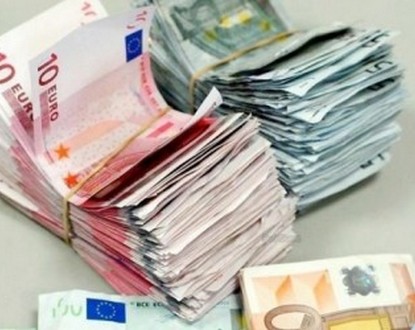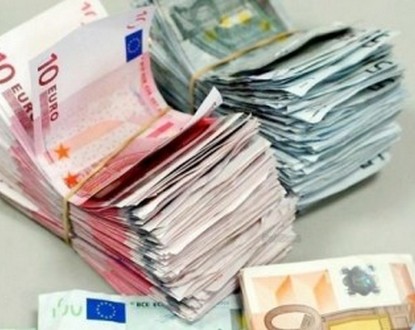It is called “underground” but it is quite visible! And it increasingly weighs down and influences the “good” economy with its nuisance power: what competition is possible between the one who pays taxes and the one who bypasses them?
 In fact, the unobserved economy (as envisaged by the OECD) is “the underground production: activities that are productive and legal, but deliberately removed from the view of public authorities to avoid paying taxes or complying with certain regulations,” and it includes undeclared work and the underreporting of income.
In fact, the unobserved economy (as envisaged by the OECD) is “the underground production: activities that are productive and legal, but deliberately removed from the view of public authorities to avoid paying taxes or complying with certain regulations,” and it includes undeclared work and the underreporting of income.
By definition, the undeclared economy presents delicate evaluation problems, but regardless of the method used, the significance of the phenomenon is confirmed.
According to some, it accounted for 18.4% of the EU’s GDP in 2012, while France, at 10.8%, was rather among the better performers.
Internationally, there is a trend towards reducing the sector’s share of GDP due to the implementation of more effective fiscal governance systems and the development of minimum income guarantees.
However, the 2008 crisis marks a shift with a slowdown in growth caused by the financial crisis and austerity policies, a sharp increase in unemployment, and stagnation of purchasing power, notably.
In this context, the development of the undeclared economy, a sign of a breakdown of social relations, can then appear as a response to the financial difficulties of segments of the population facing impoverishment.
All sectors are concerned, although some are more often singled out: hotels, cafes, restaurants, bars; construction; retail trade, and seasonal work notably.
The undeclared economy, by distorting competition and affecting state revenues, for example, acts as a brake on economic development.
Thus, undeclared work deprives workers of rights (paid leave, retirement, sickness, etc.), who are generally less well paid and unable to organize collectively. It results in a loss of revenue for the State and social accounts: in 2013, URSSAF conducted €291 million in adjustments.
It distorts competition between companies that follow the rules and those that do not and exposes the employer to sanctions and a risk of ruin in case of an accident; the consumer or client, meanwhile, has no guarantee of satisfactory completion. More generally, the very principle of equality before tax is flouted and civic morality is weakened.
On a micro-economic level, the undeclared economy is built on the objective of reducing a direct or indirect cost and optimizing income by circumventing legislation; some also mention overly complex regulation and the proliferation of norms. There are also macro-economic reasons: massive unemployment, the development of poverty, the level of tax pressure, increased competition between companies, especially due to globalization.
Furthermore, the auto-entrepreneur regime or the use of workers seconded from other EU countries have also led to abuses and poorly controlled excesses.
Finally, there is a relative tolerance towards undeclared work in public opinion, offering little resistance to the development of mimetic effects.



